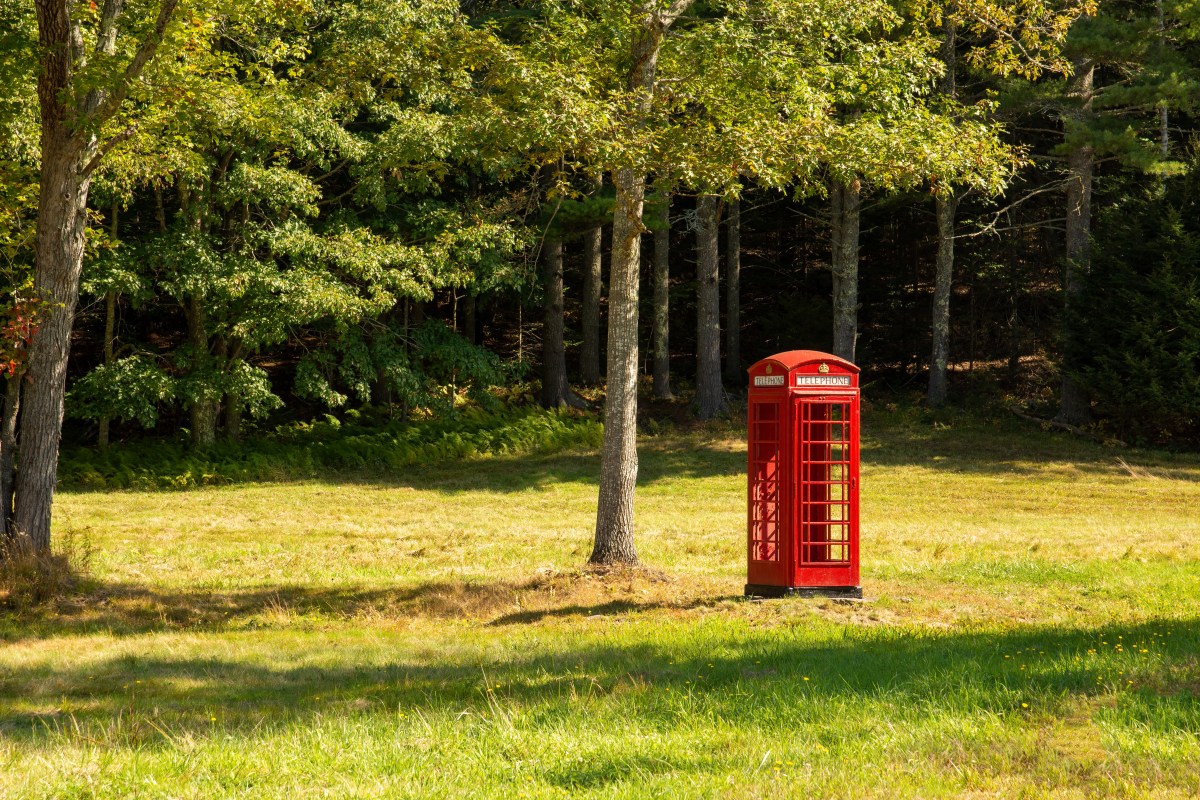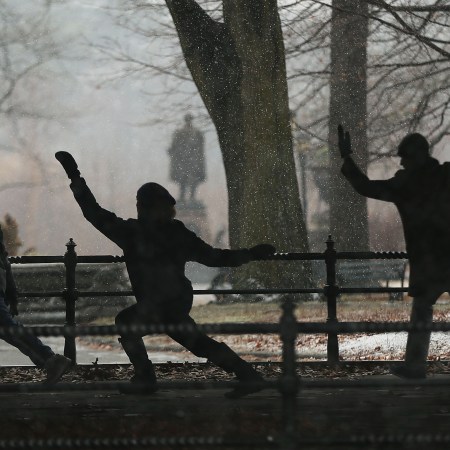There’s a great passage in the opening pages of Haruki Murakami’s Norwegian Wood, where a flight stewardess asks the narrator why he has his head in his hands. The plane’s landed and music is on. Is he sick? Just dizzy, he tells her, before telling us the truth: “She smiled and left, and the music changed to a Billy Joel tune. I straightened up and looked out the plane window at the dark clouds hanging over the North Sea, thinking about what I had lost in the course of my life: times gone forever, friends who had died or disappeared, feelings I would never know again.” The list is a gloomy, yet apt, catch-all for our most common regret as human beings — all the things that we lose for good.
At their most ethereal and microscopic, these things might just register as moments, or moods; but most of those memorable moments and moods probably intersected with a person or an entire group of persons. And little wonder that that loss stings: in the course of a life, as duties, fights or miles apart mount and subsume, it becomes easier to lose relationships and harder to revive them. One day, that loss can become permanent.
The regret comes from the knowledge that what became permanent was at one point preventable. According to Daniel Pink’s The Power of Regret, published last year, an analysis of over 15,000 subjects across 100 countries confirmed that people most rue the deterioration of once-cherished relationships. Whatever kept them from reaching out — general hesitancy, fear of rejection, a busy schedule — felt trivial once the window was officially closed.
How to Form Healthy Habits Using the “66 Day Rule”
Don’t fret a bad start to the year. We haven’t hit March quite yet.During the pandemic’s darkest hours, clinical therapists and Instagram influencers alike extolled the benefits of reaching out to friends and family through any avenue possible. We broke our quarantine-baked bread over Zoom, played virtual Codenames, had happy hours with coworkers we wouldn’t see in person for at least another year. Like most traditions born of that time, it seemed like a temporary/emergency measure, meant to help people “stay sane” during a situation unlike any in living memory.
Except the intentions undergirding that effort are relevant in every month of any year. Making an effort to make people we love (or have loved) feel happy, heard or at least less alone is ideally a lifetime vocation.
You may have read about or seen the “eight-minute phone call” challenge online. It’s pretty simple. Reach out to a friend or family member. It could be someone you’ve haven’t spoken to in two weeks or 10 years. Ask them if you can give them an eight-minute call. That doesn’t sound like much. But it’s plenty of time to cover the basics, while bite-sized enough that it can be fit into any lull in the day. In the event that you’re both feeling chummy and chatty, it’ll also leave the relationship room to reconvene again in the near future — perhaps even in person, if geography allows.
Quarterbacking these tele-reunions will show people that you still care. It’s a thoughtful thing to do. But there are some selfish reasons to do it, too, and you shouldn’t feel ashamed to take advantage of them. Reviving relationships releases stress and even sharpens our brains.
Regret is inevitable and unbearable and oddly crystal-clear for so many people at the end of their lives. For all the cranky, curmudgeonly octogenarians in movies or on TV, so many of those aging IRL tend to broadcast a softer, yearnful disposition: “I wish I had forgiven more,” “I wish I had worried less,” “I wish I had spent more time with the people I love.”
Reach out to someone today. Suggest just eight minutes. You’ll never get them back, but that’s okay. That’s the point.
Whether you’re looking to get into shape, or just get out of a funk, The Charge has got you covered. Sign up for our new wellness newsletter today.



















